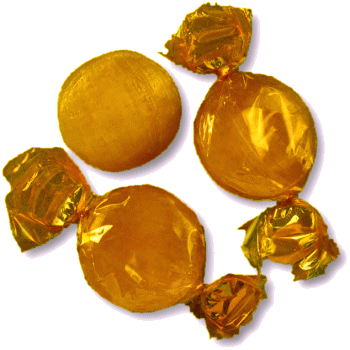




WELCOME TO An Entertainment Site for Scottish Country Dancers - Enjoy the curated selection of theme-related dances for celebrations and holidays, or find a dance associated with a special calendar day, or EVEN your own birthday!
Cake Day
Nov 26
Other Scottish Country Dances for this Day
Today's Musings, History & Folklore
“Dost thou think, because thou art virtuous, there shall be no more cakes and ale?"
~ William Shakespeare, Twelfth Night, Or What You Will, 1602
As Shakespeare reminds us with his famous phrase, "cakes and ale," life’s pleasures are meant to be celebrated—and what better day to do so than Cake Day with a tribute cake dance! Whether you fancy rich, chocolatey decadence to light, fruity sponge cakes, or from classics like Victoria sponge or the traditional charm of Eccles Cakes, there’s a treat for every taste. Eccles Cakes, originating in the town of Eccles in Greater Manchester, England, are small, flaky pastries filled with currants, sugar, and spices, first sold commercially by James Birch in the late 18th century. This cake-named jig was devised to commemorate the 50th anniversary of the Eccles and District Scottish Society and begins with a sprightly Espagnole! But beware, not of the dance, but of the innocent Eccles cakes which have recently gained notoriety for a fiery twist! Their Demerara sugar topping has been reported to spark flames in microwaves under certain conditions. So, enjoy your cakes, but keep the drama in the Shakespearean plays and on the dance floor, rather than in your kitchen! 💛 🍰 🍰 🍰
Golden Eccles Cakes
It's Cake Day!
An Eccles cake is a small, round cake filled with currants and made from flaky pastry with butter, sometimes topped with demerara sugar, named after the English town of Eccles, historically part of Lancashire, but now classified as a town in Greater Manchester.
The origin of the recipe is unknown, but James Birch is credited with being the first person to sell Eccles cakes commercially, from his shop at the corner of Vicarage Road and St Mary's Road, now Church Street, in the town centre in 1793.
Cousins to the Eccles cake include:
-
The Banbury cake is an oval cake from Banbury, Oxfordshire, similarly filled with currants.
-
The Chorley cake (from Chorley in Lancashire) is flatter, made with shortcrust pastry rather than flaky pastry and is devoid of sugar topping.
-
The Blackburn cake is named after the town of Blackburn, Lancashire, and is made with stewed apples in place of currants.
It’s thought that the Eccles cake was made for the feast day of St Mary in Eccles, whose town festival, known as Eccles Wakes, included the custom of rush-bearing (spreading rushes over the church floor), music and dancing.
During the strict Puritan years of the 1600s, that connection between Eccles cakes and religious revelry got the cake into trouble. Although legend has it that Oliver Cromwell himself banned the cakes, it is likely they were banned along with all celebrations associated with saints' days (although the cakes continued to be baked as the parson, apparently, looked the other way). Though the ban on festivals later was lifted, by the 1800s, the Eccles Wakes included cock fighting and bear baiting and was again banned by the Home Secretary in 1877.
For a traditional recipe, click the 1905 picture of a popular seller of Eccles Cake in 1905, Ye Ole Thatche.
Click the dance cribs or description below to link to a printable version of the dance!




